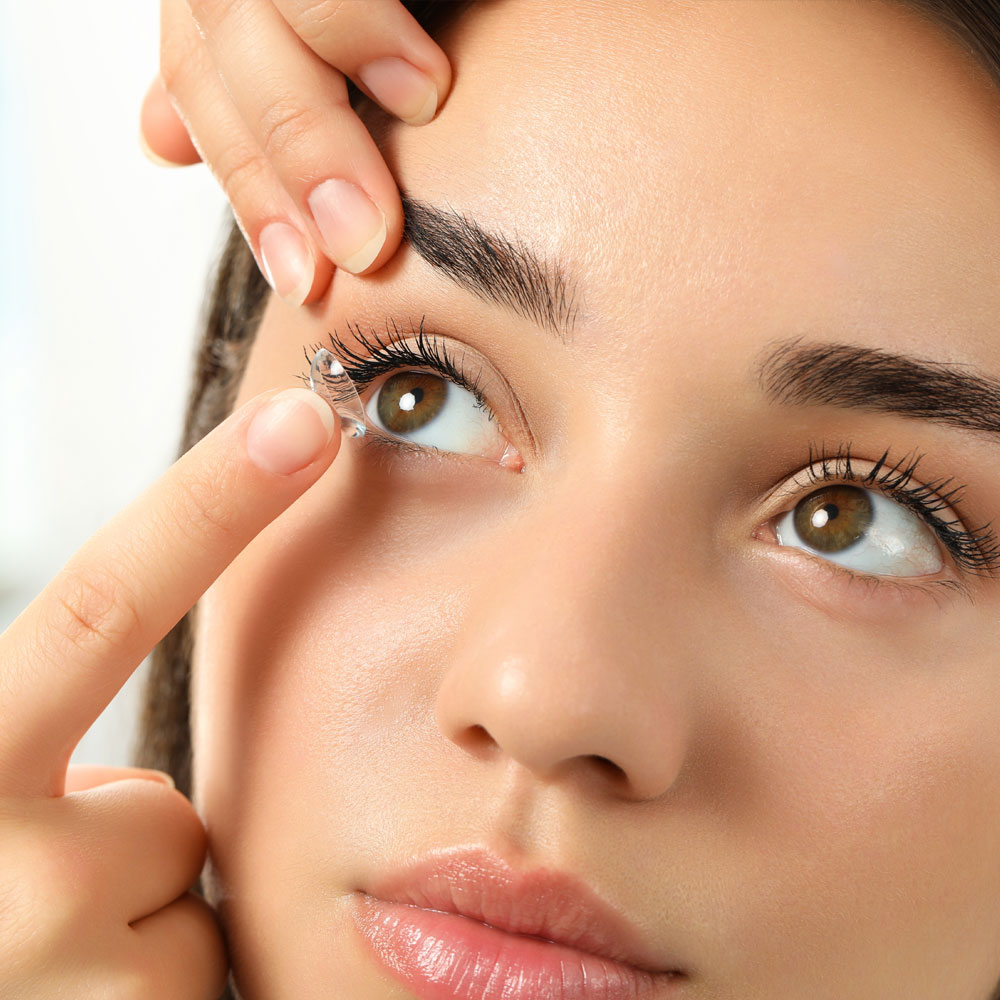
Your Thornton Eye Doctor
About Best Eyecare Associates
Here at Best Eyecare Associates, we strive to live up to our name by providing the highest standards in family eye care. Your Thornton Optometrist is conveniently located to also serve Brighton, Broomfield, Northglenn, Westminster, Erie, Commerce City & Frederick communities. We offer everything from routine eye exams to eye disease management and emergency care. We invite you to browse our website to learn more about our services and invite you to join our patient family by scheduling an eye exam today.
Meet Your Optometrist
Great eye care begins with a skilled, experienced optometrist. Dr. Christine Best offers more than comprehensive eye exams, including LASIK consultations, Keratoconus treatment and management, Diabetic eye disease monitoring, and Glaucoma testing and treatment.
Our motto is "Serving Others through Our Vision and Yours."

Our Eye Care Services

Comprehensive Eye Exams
From updating your eyeglasses prescription to detection and treatment of eye diseases, comprehensive eye exams are important for continued visual health.

Contact Lens Exams
During a contact lens exam, your eye doctor will check if you are a good candidate for contacts and find the best type of contacts for your needs..

Dry Eyes
Do you have dry, itchy, gritty-feeling eyes? Dry eye syndrome is a very common condition. We offer dry eye treatments at our eye care clinic.
Clear vision is an essential part of a child’s healthy development and learning. Regular pediatric eye exams can help detect and treat common issues.
Eye diseases such as glaucoma and macular degeneration can cause severe loss of vision if not diagnosed and treated early. Our eye care team can help.
LASIK and refractive surgery are great ways to say goodbye to contacts and glasses for good. Find out if you’re a good candidate.
If cataracts go untreated, they can cause total blindness in the affected eye. We can help with co-management of your cataract removal surgery.
Macular degeneration can cause severe central vision loss if not detected and treated early on. We can help preserve your vision.
Over 50% of people living with glaucoma don’t know they have the disease as it shows no symptoms. Early detection and treatment can prevent blindness.
Presbyopia is a normal part of aging. If you’re past 40 and notice you can’t read up close, our eye doctors may be able to help.
Orthokeratology is a non-invasive vision correction alternative to LASIK. Put in the specialty lenses while you sleep, and experience better vision in the morning.
Scleral lenses are a great option for those with severe dry eye or abnormally-shaped corneas. Is this comfortable alternative to traditional contacts right for you?
InfantSEE is a program that provides free comprehensive eye exams to infants 6-12 months old, regardless of a family’s financial status.
Eyeglasses & Frames
Designer Frames
Our extensive optical section offers a wide variety of eyeglass frames in every style, material & design. Come visit us today to see for yourself!
Our expert optical team can find just the right pair of glasses for you to be confident and look your best.
Lens coatings improve visual comfort, make it easier to clean your glasses and ensure your lenses last longer. Coatings include anti-scratch, anti-reflective, photochromatic and UV / blue light filters.
Contact Lenses
Contact Lens Fitting
We offer a wide range of contact lens options from dailies, monthly to multifocal contact lenses for crystal clear vision and superior comfort.
During a contact lens exam, your eye doctor will check if you are a good candidate for contacts and find the best type of contacts for your needs.

40% Off Complete Eyeglasses.
*Requires purchase of a complete prescription pair, including frame and lenses. Does not include sunglass frames, Barton Perreira, Cartier, Cazal, Chanel, Cutler and Gross, Dior, Dita Lancier, Fendi, Gucci, ic!Berlin, l.a. Eyeworks, Maui Jim, Mykita, Nifties, Oakley, Oliver Peoples, Persol, Ray-Ban, Robert Marc, Salt, Salvatore Ferragamo, Skaga, Silhouette, Tom Ford, WOOW, accessories, contact lenses, or medical procedures. Cannot be combined with any other discounts, promotions, or insurance plans. Not valid on previous orders. Other restrictions may apply. See practice for full details. Offer valid 04/08/2024-06/16/2024. 24AEG-729313














